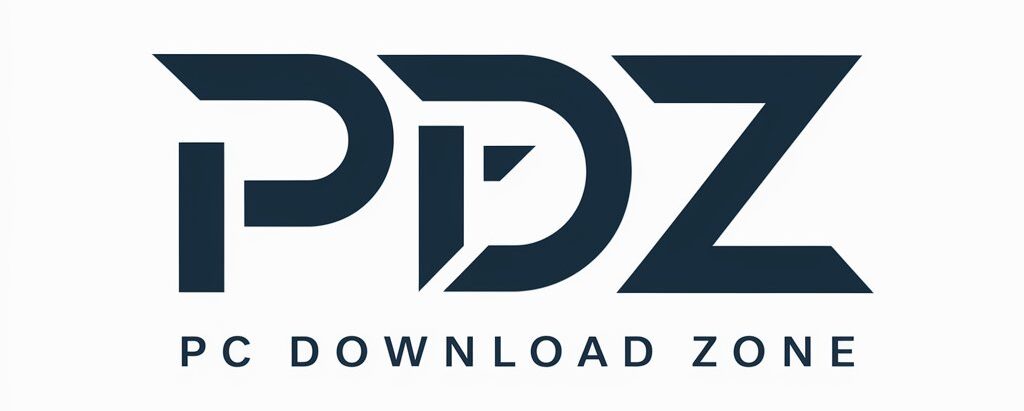Delta CEO: Windows is the ‘most fragile platform’

Apple beat expectations in its third quarter and has wind beneath its wings on strength of the recent Microsoft/Crowdstrike debacle that cost companies billions of dollars. The tide is turning, and turning fast.
Regular readers will know we’ve been reporting on the steady rise of Apple in the enterprise over the last decade or so. By focusing on what users need, the company eventually built a platform for better business — and companies everywhere are migrating to Apple. Multiple data points show that given the choice, most people will choose an Apple product for work; the buoyant Apple enterprise ecosystem shows this.
Corporate America is upset
During Apple’s financial call, we learned that American Express now has a growing fleet of more than 10,000 Macs, while insurance and financial services company USAA has begun provisioning its employees with Macs.
“Turning to [the] enterprise, we continue to see businesses leveraging our entire suite of products to drive productivity and creativity for their teams and customers,” said Apple Chief Financial Officer Luca Maestri.
This pattern will accelerate as executives deal with the fallout of the recent Crowdstrike outage. Parametrix estimates insured losses could reach $1 billion across Fortune 500 companies, though actual losses will be far, far higher: around $5.4 billion.
The impact on healthcare was particularly significant. Patients saw operations cancelled while healthcare management saw $1.94 billion in damages, according to Parametrix. That is a lot of cash to lose.
Windows, the most fragile platform — Delta
“When was the last time you heard of a big outage at Apple?” Delta CEO Ed Bastian asked CNBC, while characterizing Windows as “probably the most fragile platform.”
You can understand his annoyance. “We had 40,000 servers we had to physically touch and reset,” Bastian said, pegging the cost so far at half a billion dollars in five days.
He seemed pretty unimpressed with the “free consulting” his company was offered in response to the disaster, which has had both financial and reputational damage to the firm. And now the airline faces a federal investigation into how it handled the outage created by Crowdstrike.
Delta has engaged counsel to seek damages and other impacted enterprises will probably take similar flights of action — though these may not succeed. (Even if they do, it is doubtful enterprises will in future agree to the same terms and conditions of sale.) CrowdStrike Shareholders have launched a class action suit, too. This story seems unlikely to end particularly well.
Follow the leader
Apple removed access to the kernel, which is what generated the problem, years ago. Microsoft has claimed the reason its OS is vulnerable to such attacks is the fault of a deal it reached with the European Commission.
In a triumph of pyrrhic marketing, it says that deal means it can’t provide an operating system as secure as Apple’s because it can’t remove developer access to the kernel. Microsoft’s report into the incident suggests the company might now move in the same direction.
However, even since Crowdstrike, business-damaging flaws in Microsoft 365 and Windows Server that have nothing to do with kernel access have emerged. These support Bastian’s claims around “fragility” and are a scale of magnitude worse than the few hours of lost iCloud Private Relay access some Apple customers have endured in the same time frame. There’s simply no comparison.
People can’t help but notice.
The enterprise is taking flight
Delta’s Bastian likely reflects what many C-class executives think at this juncture. They’ve lost money, feel uncompensated, and also know that when employees walked into work on Crowdstrike day, only the people using Macs kept working.
People don’t forget things like that.
To some extent, the writing has been on the wall for a while. Think back to when then IBM CIO Fletcher Previn surprised everyone with news that even with their higher initial cost, Macs are cheaper to run than PCs. Previn is now at Cisco, his findings remain the same to the extent that the company is now 60% Mac. One big reason for the TCO advantage is the Macs’ relative stability and lower security and tech support costs — all of which were brightly illustrated by the Microsoft/Crowdstrike event.
All things in the balance, it looks very likely that when it comes to the switch to Apple systems, the enterprise is taking flight. Which will do no harm at all to Apple’s future revenues — and might actually improve business revenues for everyone else, as well.
More from Jonny Evans
- Apple adds ‘black magic’ AI security to Swift
- ChatGPT and Siri betas battle on iPhone
- Apple Intelligence: Coming to an app near you
Please follow me on Mastodon, or join me in the AppleHolic’s bar & grill and Apple Discussions groups on MeWe.







